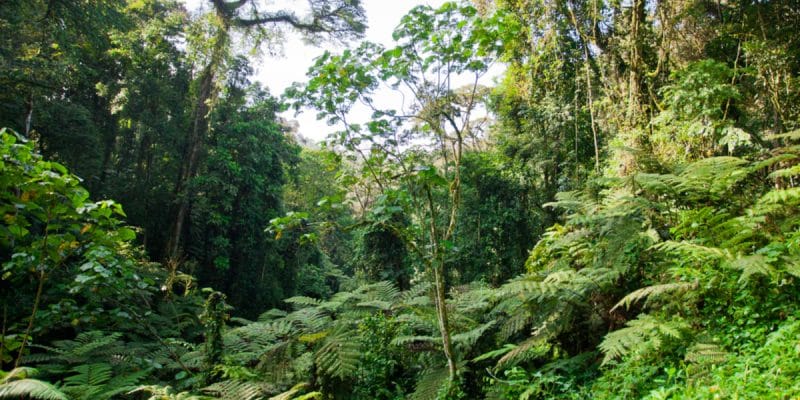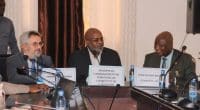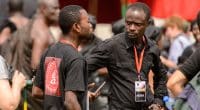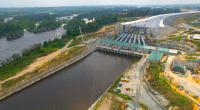The Democratic Republic of Congo (DRC) has one of the highest levels of annual deforestation in the Congo Basin. This poor situation is partly explained by the presence of several bottlenecks in the implementation of the mechanism for reducing emissions from deforestation and forest degradation (REDD+). This programme, which was launched ten years ago in the Congo, is experiencing difficulties both upstream and downstream of its implementation chain, as discussed during an online conference organised on November 12th, 2020 by the Centre for International Forestry Research (CIFOR).
The legal framework for environmental protection in the Democratic Republic of Congo (DRC) is densely populated. The Central African country has signed 29 international conventions and promulgated more than 40 national laws, decrees and ordinances relating to environmental protection. But the effective application of this armada of regulatory texts is not always palpable on the ground. This is the case with the mechanism for reducing emissions from deforestation and forest degradation (REDD+), to which Congo committed itself in 2010. In spite of this, forest degradation has remained worrying in the country, with an annual deforestation level that is among the highest in the Congo Basin, estimated at around 0.3% for the period 2000-2015.
It is in this context that the Centre for International Forestry Research (CIFOR) organised an online workshop on November 12th, 2020 on the theme “Analysing and transforming REDD+ in the DRC”. In the exchanges on the current state and impact of REDD+ in the field, the experts led to the need to make improvements on several levels. Multi-level governance was identified as one of the urgent challenges. “To date, the role of the provinces in the context of REDD+ has been limited, with the central government remaining at the centre of decision-making processes,” said Félicien Kengoum, a consultant with Brightway Consult. He further noted that the architecture of decentralised governance varies from province to province, making it more complex to design a tool to ensure that funding flows smoothly from national to provincial and local governance structures.
According to the government, REDD+ is at a standstill in the DRC.
The representative of the national coordination Redd+ at the Congolese Ministry of Environment and Sustainable Development (MEDD) was also present at this workshop. He stressed that the implementation of REDD+ in the DRC may seem relatively slow for some, but that this does not mean that the mechanism is at a standstill. “It continues to progress and the country continues to learn from the challenges of the initial phases of this complex new mechanism, as they allow it to better project itself for the rest of the process,” said Hassan Assani Ongala.
Other areas for improvement mentioned by the experts include land tenure reforms, the allocation of forest titles, support for community forestry and peatland management. This workshop is part of a series of five, organised worldwide by CIFOR and funded mainly by the Norwegian Agency for Development Cooperation (NORAD).
Boris Ngounou






